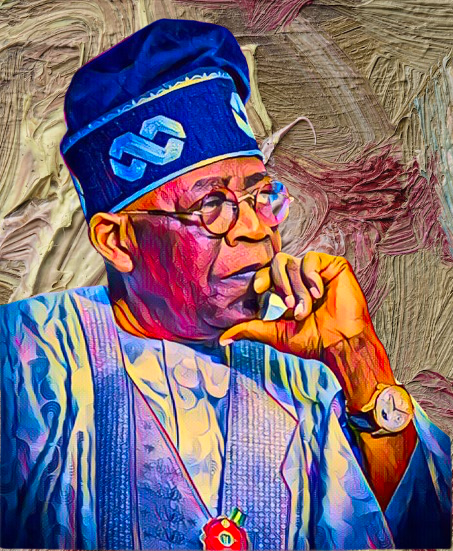As Nigeria marked the 31st anniversary of June 12, citizens took to the streets to protest ongoing hardships. These demonstrations aimed to remind the government that the current state does not reflect the democracy envisioned by the people.
The level of suffering in Nigeria is unprecedented. Many protesters, veterans of past pro-democracy movements, feel entitled to voice their discontent. The organizers, under the banner of the “Take It Back Movement,” announced the protests across 18 states, specifying meeting points to ensure transparency. They openly expressed disappointment with the past 25 years of democratic governance. Their demands include ending hardships, improving security, and reducing police brutality and kidnappings. They also called for lower electricity tariffs and an end to attacks on press freedom.
Predictably, the Department of State Security (DSS) and police responded with threats. The DSS claimed that non-state actors were planning to incite violence during the protests, urging citizens to avoid lawlessness. They reiterated their commitment to national security, warning against any actions that could disrupt order.
The DSS’s response reflects a lingering military mindset, treating civilian protests as threats. This mentality persists despite efforts to reorient law enforcement officers post-1999. The police also issued a statement, acknowledging the right to peaceful protest but cautioning against any disruptions. They advised protesters to seek police protection, a requirement long debunked by legal experts.
The protests, ultimately, were peaceful. Demonstrators carried placards criticizing the government for its lack of empathy and reckless policies. Contrary to DSS warnings, no violence occurred. However, five protesters were arrested in Ibadan by overzealous state actors.
In a related incident, the police’s heavy-handed approach towards the press was evident. In a move widely criticized, police from Enugu abducted a senior journalist in Abuja over defamation allegations. This action starkly contrasts with their reluctance to arrest former Governor Yahaya Bello for corruption charges.
The police’s treatment of the journalist, including a 14-day detention and forced fabrication of statements, echoes the oppressive tactics of past military regimes. Such actions undermine the democratic ideals celebrated on June 12.
President Tinubu, in his Democracy Day address, emphasized the importance of democracy in providing freedom and liberty. He highlighted the need for diverse perspectives and the value of conflicting ideas. However, the actions of some government officials contradict these principles, using force to suppress transparency and accountability.
Tinubu’s speech also addressed the outcomes of the 2023 elections, urging supporters to embrace democratic ideals rather than sow division. The President called for an end to ethnic bigotry and hatred, emphasizing democracy’s foundation on freedom and liberty.
For Nigeria’s democracy to thrive, the government must uphold these ideals. Citizens are eager to see tangible benefits from democratic rule, disillusioned by the lack of visible progress. The government has an opportunity to restore trust by addressing corruption transparently and fulfilling promises.
One critical area is the Ministry of Humanitarian Affairs and Poverty Alleviation. The previous minister was suspended amid allegations of corruption, yet details of investigations remain undisclosed. Transparency is essential before appointing a new minister to restore public trust.
Furthermore, President Tinubu must address the lawlessness in Rivers State. The judiciary’s involvement in reversing the decisions of 27 lawmakers who left the PDP threatens democratic stability. Such actions contradict the democratic values celebrated on June 12.
Electoral reform is another urgent priority. The last elections did not meet the standards of transparency and fairness. Acknowledging these shortcomings and committing to reforms is crucial for restoring faith in the electoral process.
President Tinubu’s leadership is pivotal in navigating these challenges. Upholding democratic principles, ensuring accountability, and promoting transparency are vital for Nigeria’s progress. As citizens commemorate June 12, they look to their leaders to fulfill the promises of democracy.
Source: The Guardian


